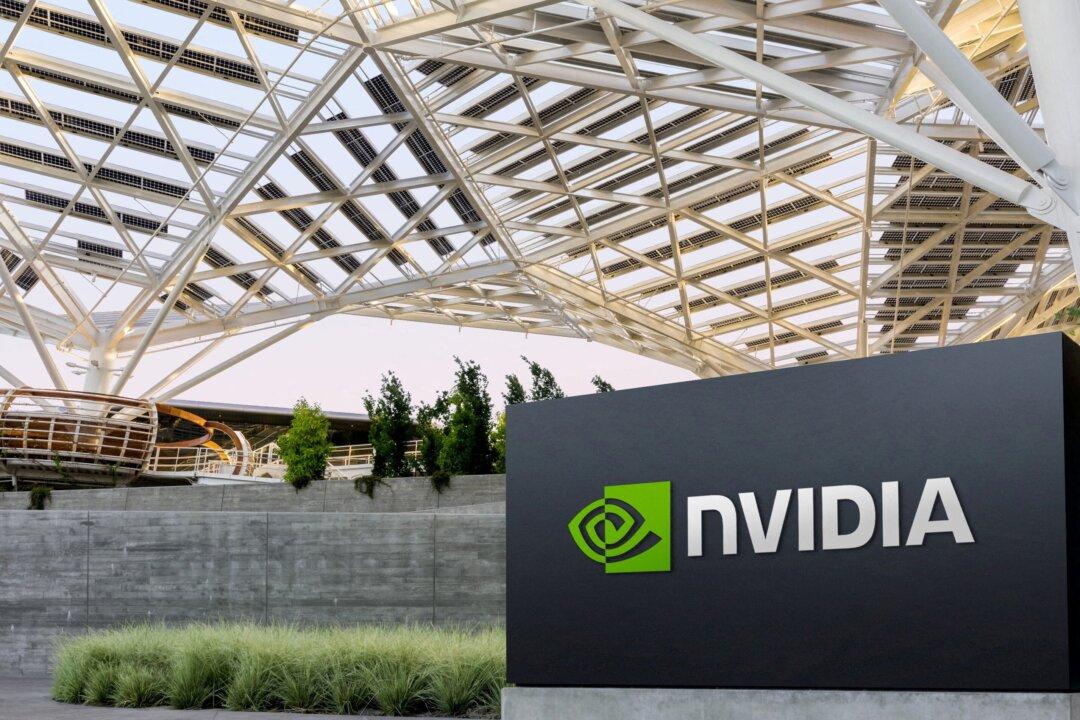Nvidia became the first chipmaker to be valued at over a $1 trillion, before falling in trading later in the day.
The U.S. chipmaker’s market value rose 3 percent, to $401.15 on May 30, after tripling in value since October, due to its successful investments in Artificial Intelligence, as investors pile on to the firm.
The company needed to hold above $404.86 to remain at the trillion-dollar threshold.Over the past year, there has been a massive surge in interest in generative artifical intelligence (AI), which can engage in human-like conversation or write things ranging from analytical reports to poetry.





